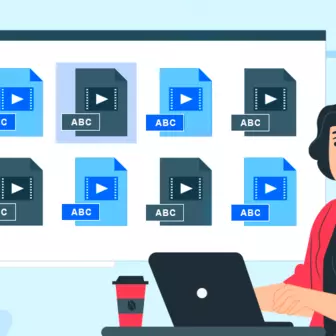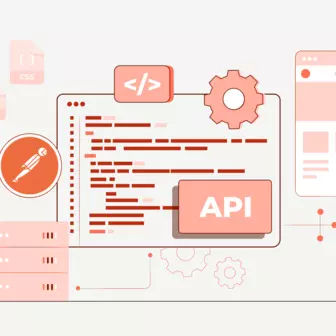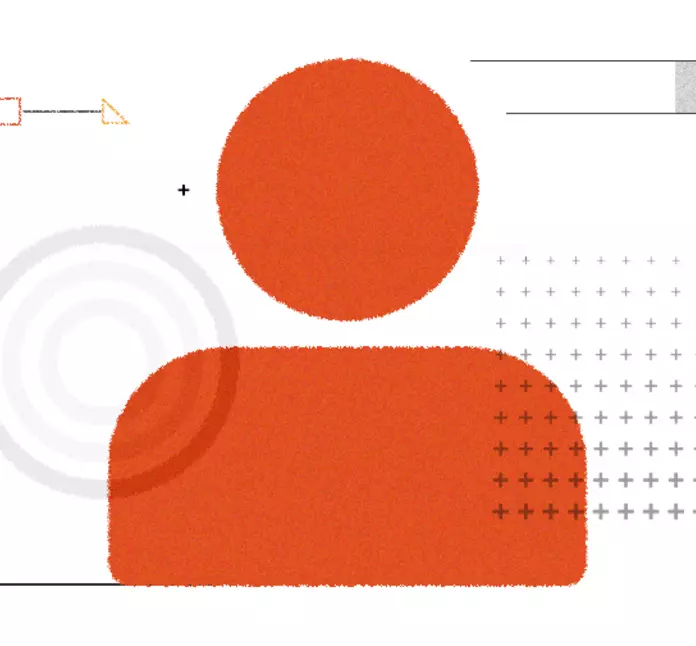Web hosting is an important part of a website and the type of web hosting will affect what you can do for website design. Web hosting affects not only the kind of website you can build but also how well it will do later on, including speed, security, and SEO.

Here are some of the web hosting decisions you will need to understand and their effects on your website design.
1. Self-hosted or Hosted Websites
If you build a website with a hosted builder platform like Wix or Shopify, there is less to consider from a hosting perspective. Your job becomes solely the website design. However, if your website is not for a small business (with no major growth planned) or a freelancer or solo entrepreneur, it’s likely not the best option for you.
In those cases, Frank Weir, a content manager at Brit Student and Write My X, says that “you might want more backend control through a control panel access – that’s usually only available when you’re self-hosting like through Drupal. Another benefit of self-hosting is the ability to own your data if the website moves to a different platform.”
2. Type of Web Hosting
If you’re self-hosting, you need to think about the type of web hosting because each will affect your design.
Shared
Shared hosting is on a server with shared resources with other websites. If another site uses a lot of the resources (bandwidth, disk space, and more), your website could perform slower and be open to security risks. This is a better option for a small blog or portfolio website without much traffic.
Cloud
Websites on the cloud share resources with other sites over many different servers. That means if performance is slow or a server has an outage, the work can be redistributed across servers. This is a good choice for a small local business that might be trying to increase traffic.
VPS
A Virtual Private Server (VPS) is hosting when you get your own resources in a part of a server. This is a good option if you have an SME (Small and Medium-sized Enterprise) website or an ecommerce website that’s growing and you want to increase performance and security.
Dedicated
This is the most expensive option but it’s the most private and secure. You should be considering this option only if you’re hosting a global ecommerce site or website.
3. Location of the Server
If you have a more global business, you need to consider the server location. Even if your website is small, the server has to work hard to get all the data and send it worldwide so you could experience slower loading times and a worse user experience. It’s important to get a hosting plan with global servers or you may have to convert the website into a PWA (Progressive Web App) to decrease loading times.
4. Performance
There are so many web hosting solutions so many companies offer performance guarantees which include a failover option. According to Don Greenwood, a tech writer at Australia2Write and Next Coursework, “that means if a server goes down, the website stays up on another server in the network. If your client doesn’t have a solution with a 99.9% uptime guarantee, they will notice that the downtime and slow loading speeds will affect their business.”
5. Website Security
You should be getting a website hosting option that gives you a lot of control over content management so you can build in the right security. If your website collects data, processes payments, or tracks visitor data via cookies, you absolutely must prioritize website security. Check if you have a secured server and data center which include backups and SSL certificates. Some added security features you’ll want to look for from a web hosting solution are a firewall, two-factor authentication, and more.
6. Your Role as A Web Designer
As a web designer, it’s important to have certain key discussions with your clients about web hosting solution from the start. If they have certain expectations of their store and they’ve already committed to an inappropriate web hosting solution, you need to be clear about that and consider not taking on the project. If they haven’t yet picked a web host, this is the time to provide some valuable suggestions for what would work best with their objectives.
Conclusion
These are the major areas that are needed to be considered whilst taking decisions vis-à-vis web hosting. Let us know your insights in the comments section on more such key decisions regarding web hosting that require some prior understanding and planning.
Subscribe
Related Blogs
Trek n Tech Annual Retreat 2025: A 7-Day Workcation of OSL

OSL family came together for the Trek n Tech Annual Retreat 2025, a 7-day workcation set amidst the serene beauty of…
Exploring Drupal's Single Directory Components: A Game-Changer for Developers

Web development thrives on efficiency and organisation, and Drupal, our favourite CMS, is here to amp that up with its…
7 Quick Steps to Create API Documentation Using Postman

If you work with API , you are likely already familiar with Postman, the beloved REST Client trusted by countless…




